Aesthetics Licensing First Consultation Response Due After Easter
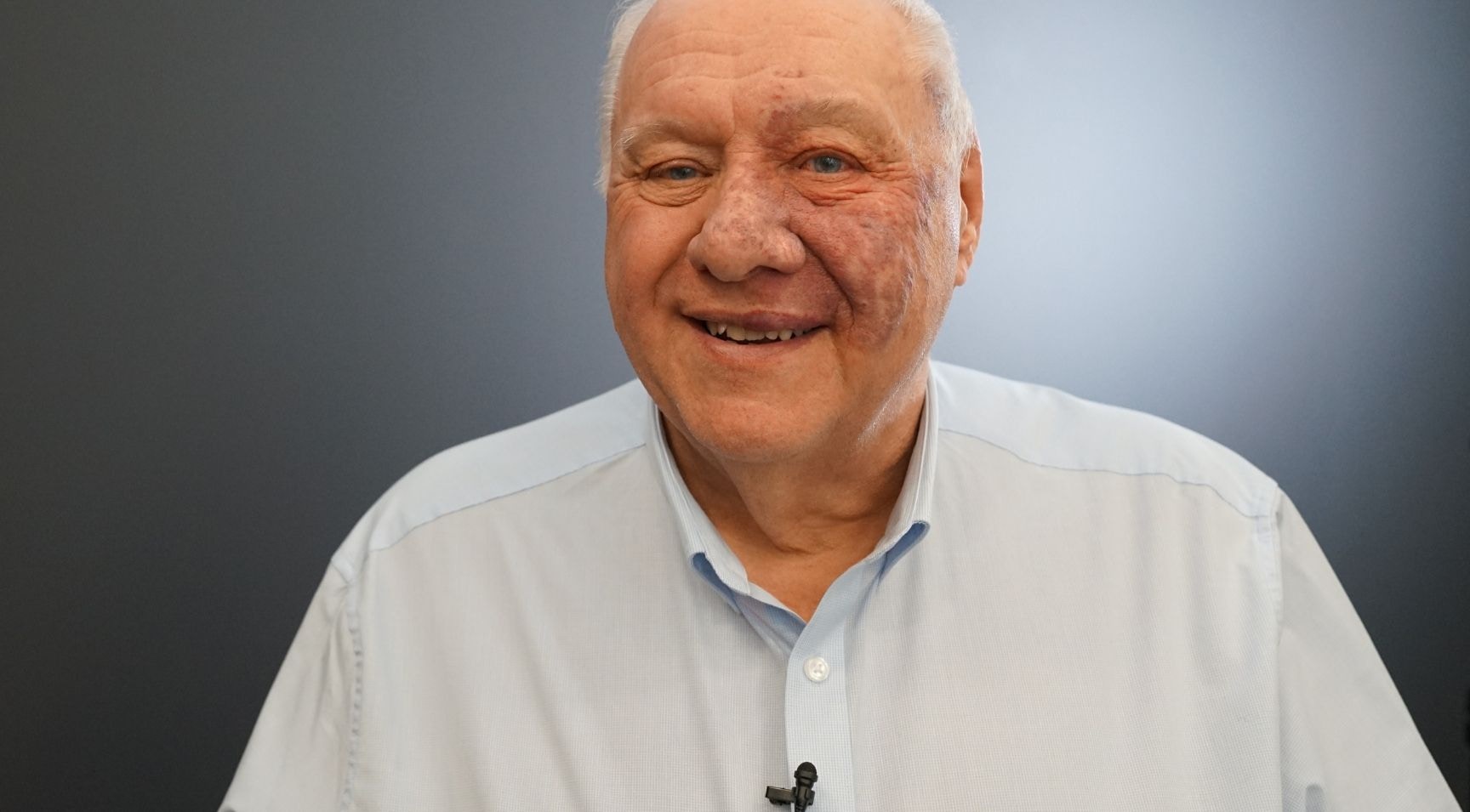
The eagerly anticipated update on the government’s aesthetics licensing first consultation for England is due after Easter.
We spoke to our special Licensing Advisor, Professor David Sines, CBE for more details. As the long-standing Chair of the Joint Council for Cosmetic Practitioners (JCCP), David is a well-respected campaigner for aesthetics regulation in England.
Scroll down to watch the video of his interview and to find out more about how you can future-proof your aesthetics training qualification now…
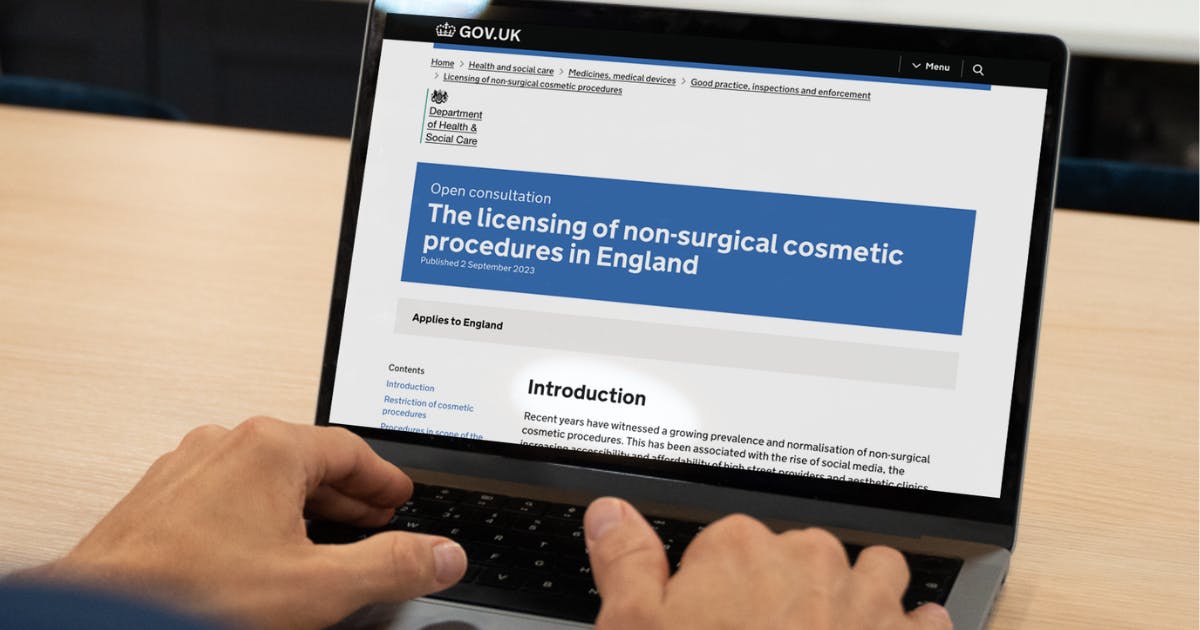
UPDATE 5th July 2024: What does the change in government mean for aesthetics regulation in 2024?
This article was initially written in March 2024. Then, we were waiting on the allegedly imminent release of the first aesthetics licensing proposal responses following the public consultation.
And then a general election was called and MPs swiftly downed tools, leaving the first phase documentation unsigned. This meant the Department of Health & Social Care (DHSC) announcement could not be made.
The Joint Council for Cosmetic Practitioners (JCCP) has regularly been in touch with the relevant Health ministers for the previous government and its shadow cabinet members. They were reassured that the subject of regulating the non-surgical aesthetics sector in England is of primary importance to both the Conservatives and the Labour party.
Cross-party support for regulation
As a public safety issue that's enjoyed cross-party support, both sides confirmed their commitment to getting regulation past the post regardless of election outcomes.
Whilst this indicates it's unlikely the aesthetics licensing scheme will be scuppered, it still leaves us with a delay to the anticipated timeline.
The new government will meet for the first time on 9th July. New Prime Minister, Keir Starmer will then have to select his cabinet ahead of the State Opening of Parliament on 17th July. This is when Labour officially come to power following the King's Speech.
With all this going on, it's unlikely any progress will be made during this period. Then there's the annual summer shutdown to take into consideration, due to take place from 23rd July.
Further delays likely due to summer recess
In the lead up to the election, the Labour leader told Sky News that he would delay the summer recess until the end of July. However, with so much to be done before the break, even if the aesthetics regulation documentation is passed to the new Health Secretary for signature before the shutdown, it's unlikely to be signed until parliament reopens.
There is currently no date set for the reopening of parliament following the summer break. So, if - as Labour MPs have indicated privately - the latest aesthetics regulation proposals are one of the first things the new party signs off, the earliest we're likely to see this is in September 2024.
Whether this causes a knock-on delay to when the next set of DHSC proposals for the aesthetics licensing scheme are announced remains to be seen.
With that in mind, continue reading our original article to remind yourselves where we are and exactly what we're waiting on...
Where are we with new aesthetics licensing for England?
Before we get into it, it’s worth recapping where exactly we are in the plan for regulating non-surgical cosmetic procedures in England.
Currently little-to-no regulation for who can practise aesthetics
At the time of writing - March 2024 - there is minimal regulation when it comes to the aesthetic medicine sector.
Whilst other countries consider treatments such as botox and fillers to come under plastic surgery, the UK sees them more as ‘beauty’. As such, the UK is woefully under-regulated and has many untrained, under-trained and non-medic injectors.
There are, in fact, more advertising-related regulations, with regard to the marketing of botox treatments, than there are for who can administer it!
At present, the main restrictions as to who can be an aesthetics practitioner and carry out injectable treatments in England, are:
- In 2021, it was made illegal to offer a consultation for, or to administer cosmetic injectable treatments to under 18s in England
- Any prescription-only medications, such as botulinum toxin or hyaluronidase, must be prescribed by a suitably qualified doctor, dentist, nurse prescriber or prescribing pharmacist
- As an aesthetics practitioner, the premises you operate from must meet the appropriate local authority Health & Safety requirements.
Introduction of an aesthetics licensing scheme for practitioners and premises
The government’s Department of Health & Social Care (DHSC) confirmed its plans to introduce aesthetics regulations for England, in 2022. This followed various input from industry bodies, including the JCCP, and a dedicated All Party Parliamentary Group enquiry.
In January 2023, the DHSC outlined its plans to introduce various proposals for an aesthetics licensing scheme. Each would cover a specific topic and a public consultation period would be triggered following the release of every set of proposals.
They further noted that they would be introducing a licensing scheme whereby every aesthetics practitioner would require two separate licences in order to practice: one for themselves and one for their premises.
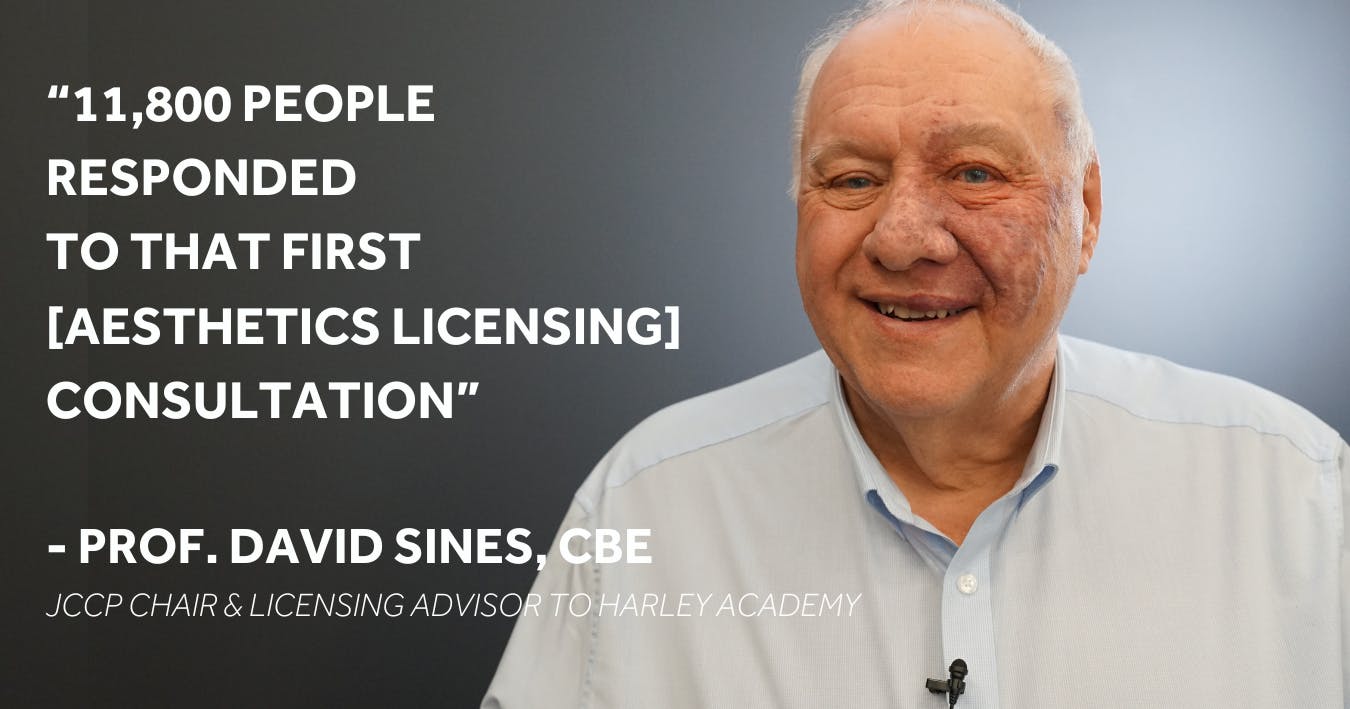
11,800 responses to initial DHSC aesthetics licensing consultation
The first of the DHSC proposals was released on 2nd September 2023. It related to using a ‘traffic light’ RAG - red, amber, green - system to categorise non-surgical cosmetic procedures based on their complexity and potential risk to patients.
The consultation on these proposals ended in October 2023. Harley Academy was one of many organisations and individuals who provided feedback to the government regarding its recommendations.
We are now awaiting the next step in this process, and this is what we spoke to Professor Sines about.
He tells us, “[These are] still being considered by the DHSC and we hope to receive their response to their proposals probably after Easter, by the end of April [2024]. There were 11,800 responses to that first consultation.”
He explains that he’s hoping to see “three very specific things” from the next DHSC announcement on the aesthetics regulations for England.
3 things Professor Sines would like to see from the next 2024 aesthetics licensing announcement
1. Defining which treatments will be covered by the aesthetics practitioner licence
“Firstly, I want to receive a definitive outcome from that [the September 2023] consultation that tells us all which procedures will be in the scope of the proposed non-surgical cosmetic practitioner licence for practitioners in England,” David advises.
2. Ensuring ‘high risk’ red-rated non-surgical procedures are defined and given specific consideration
Professor Sines hopes to see “a red line being drawn regarding those procedures that we all consider - I think all consider - to be very invasive and to present major risk to members of the public if not performed by appropriately qualified, registered and experienced practitioners.
“We mean those procedures that the DHSC has put in place, at the moment, in the red category. So they will be breast and buttock augmentation, liposuction, hair restoration surgery…”
He notes, “I believe we will receive definitive outcomes from DHSC about those procedures, which would move, in my opinion, many of those procedures to the oversight of the Care Quality Commission [CQC]. This will mean they will be given a very specific degree of attribution of risk assessment and governance.”
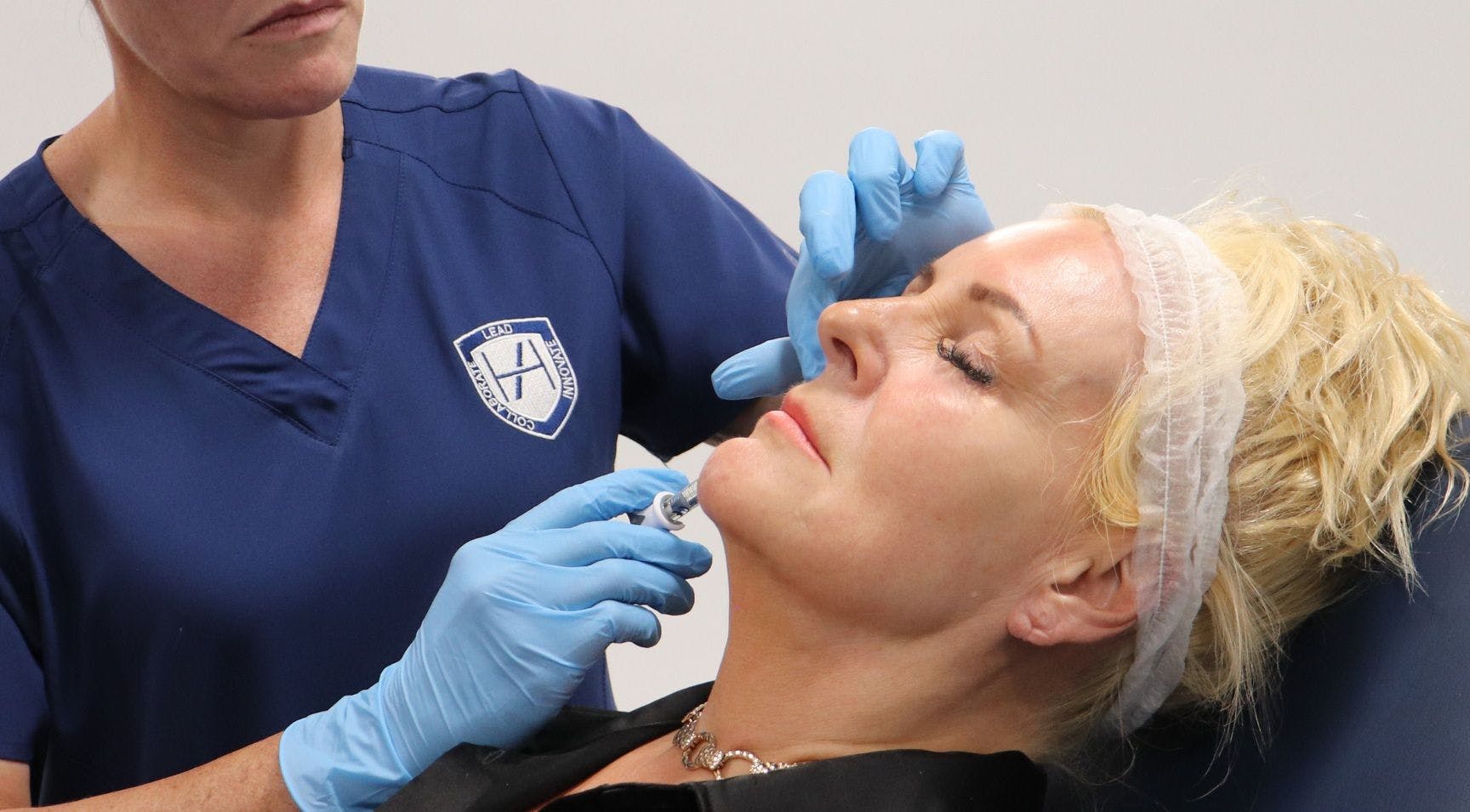
3. Standards for and supervision of amber category procedures such as botox and fillers
“The third thing, what I'm also expecting to see will be further confirmation of standards of supervision and oversight for those procedures that will end up in the amber category, if they're performed by a licensed practitioner in the future. But, if the practitioner is not a regulated or registered healthcare practitioner, we anticipate that there will be a degree of oversight or supervision standard determined by DHSC.
“Within that, there is one very specific point that, if the practitioner is using a prescription-only medicine in any part of the treatment process, then we would expect a prescriber to oversee the actual procedure itself. So that's going to be what we expect to see,” Professor Sines confirms.
The amber category is where treatments such as toxin, dermal fillers, skin boosters and some chemical peels sit within the RAG-rating system. We foresee this essentially being all the treatments covered in our Combined Level 7 course.
Gathering further evidence relating to non-surgical cosmetic treatments before categorising
Another point raised by David Sines during our interview relates to the RAG-rating of cosmetic procedures.
Aesthetic medicine is a new and constantly evolving field, with new treatments and devices being introduced regularly. As such, each of these will need to be fully investigated and properly understood, through evidence-based assessments, before it can be RAG-rated.
He highlights, “There will be a number of procedures that are currently in the amber and green categories - such as radiofrequency et cetera, some of the peels - that need further evidence before we can agree whether they will be in the amber or green category.
“So, it's absolutely right to say, we expect further evidence to be called for for some of those procedures… We'll get most of them defined but, some ongoing work around lasers and light, peels, radiofrequency et cetera, [will be needed] to determine their categorisation in the future. But it will be the spurring point, or the real point that takes us to the next stage of what we expect to see from the government.”
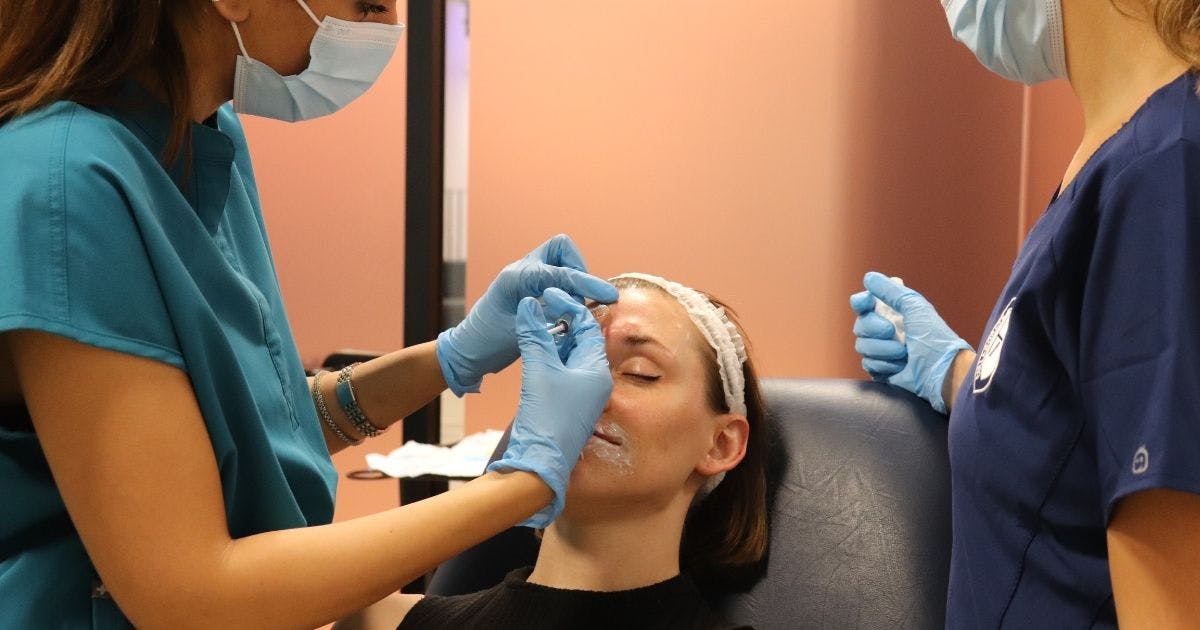
Future-proof your aesthetics training qualification ahead of the licensing scheme introduction
As part of this initiative to introduce a licensing scheme for aesthetics practitioners in England, a mandatory minimum standard of education will need to be set.
Whilst it is unlikely that this standard will be exactly the same as any aesthetics training courses currently available, this has not been confirmed. What we do know is that the guidelines the government already has in place for this - the Health Education England guidelines from 2016 - are the framework to which our Level 7 in injectables was mapped to from its inception.
Originated by our founder, Dr Tristan Mehta, our Level 7 Diploma in Botox & Dermal Fillers has only been improved since then.
To find out more, contact our Course Advisors today. They’ll be able to explain more about the terms and conditions as well as explore the best aesthetics training pathway that fits with your goals and your lifestyle.
All information correct at the time of publication
Download our full prospectus
Browse all our injectables, dermal fillers and cosmetic dermatology courses in one document
By submitting this form, you agree to receive marketing about our products, events, promotions and exclusive content. Consent is not a condition of purchase, and no purchase is necessary. Message frequency varies. View our Privacy Policy and Terms & Conditions
Attend our FREE open evening
If you're not sure which course is right for you, let us help
Join us online or in-person at our free open evening to learn more
Our Partners













STAY INFORMED
Sign up to receive industry news, careers advice, special offers and information on Harley Academy courses and services

